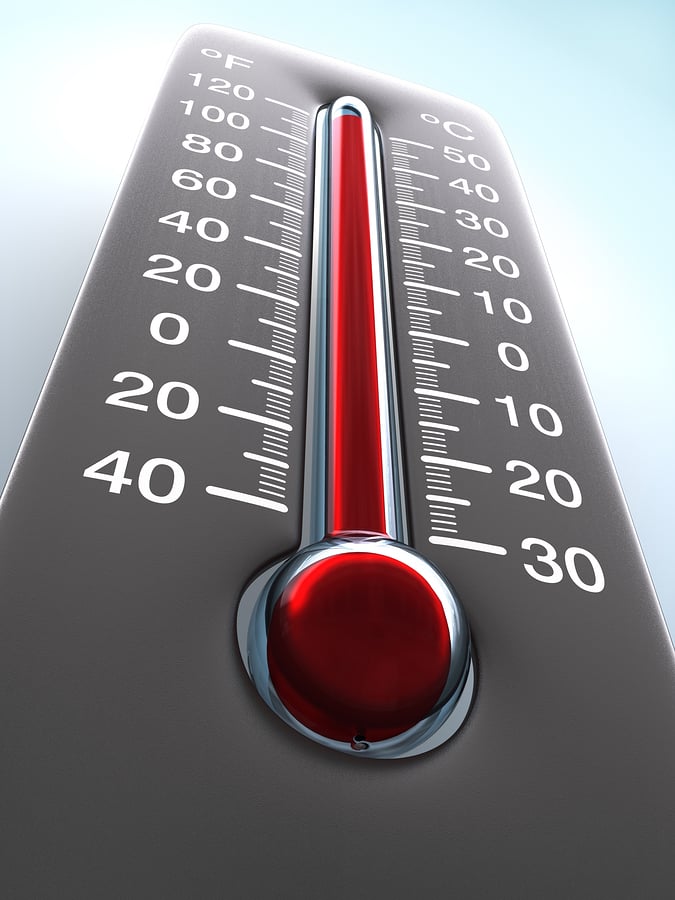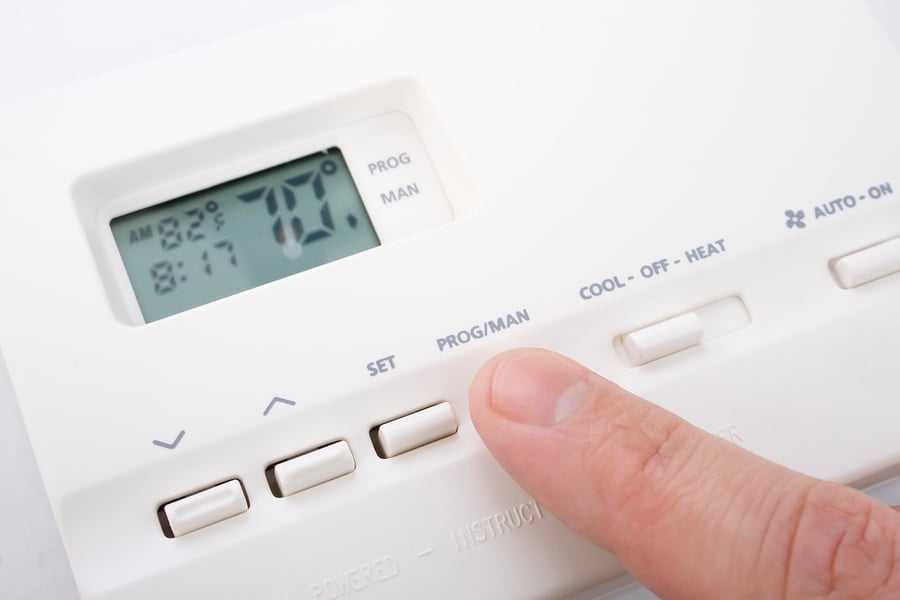February 13th, 2013 by
In order to change the style of our posts, here is one a tiny bit more scientific regarding the electric energy, the heat that heaters produce. So if you're looking for advice, keep up with HSD! Here goes...

What's energy?
The energy represented in Joules is the mix of the power (P=R.I² in Watts) and the time (seconds). Electricians basically use the term kilowatt hour (KW.h) which is equal to the given energy by a 1 kilowatt of energy for 1 hour, in fact equal to 3.600.000 Joules. The Joules effect teaches us that all the electricity consumed by an electric heater is transformed into warmth. Thus, it seems quite difficult to improve the electric heating system. However, we are going to see that it's possible to massively reduce the electric bill. The energy produced by an electric heater depends 100% on the technology used. The warmth production of an ohmic resistance follows a physic rule called the Joule effect. All the electric energy which crosses over the resistance is spread into warmth. For the scientists among you...
W = R.I2.t
Which are the most economic electrical transmitters?
The energy consumption of a heater for a precise temperature depends on many factors: loss to the outside (isolation quality), and the loss created by the type of warmth transmitter.Bad distribution of the warmth in the room along with too much warmth for a short period leads to a huge over consumption. In a warm and cold atmosphere due to bad heating, the thermal comfort is bad.
Consumption = Set Temperature + Temporal Variation + Spatial Variation
These loss are essentially linked to the transfer mode of the warmth by a high temperature and by convection. Good quality heating which produces good thermal comfort is naturally less greedy in energy. If most high quality heaters are not affordable to everybody, they will quickly recoup your money within a few months due to some drastic savings on your power bill. Overall, the heater’s performance (consumption and comfort) depends on the quality of the exchange surface with air in the atmosphere, the one we breath in our room. The bigger the core heater is, the better the performance will be by lowering temperatures which will in turn automatically improve the thermal comfort and also reduce the consumption..
A precise control decreases the consumption
It's really easy and also essential to buy a precise controllable electric heater if you want to save some money. A stable temperature is necessary to the thermal comfort, allowing you to find the right balance without over heating.

A temperature that can't find the balance between 18 and 22 degrees Celsius due to a bad mechanic thermostat won't be pleasant due to the sudden changes cold and then warm. The first reflex in this situation would be to put the heater up in order to get rid of the cold air, which will result in a greedy over consumption and therefore a really nasty heating bill at the end of the month... Most modern heating systems have got a program planner which helps you to control your heat. Compared to water central heating, the principal advantage of electric heaters would be their easy use to set up the temperature, switch on-off. A daily program station (or weekly) will precisely control the temperature of rooms according to the utilisation of rooms, which will make your life easier, improve the comfort but also reduce the bill!
Which temperature should I set to heat my home?
Obviously, it depends on each of us. Some people like being cosy and like a toasty home but some are not that sensitive and therefore don't really need to heat as they feel ok. Kids and elderly people need more heat than everybody else for different reasons. The standard recommended to heat your home to is 19 degrees Celsius. For example, in a bedroom, 16 degrees will let help you to fall asleep. You need to keep in mind that 1 degree is equivalent to an increase of 7% over consumption on your bill!
What represents the consumption of heating on your bill?
Work out how much would be the consumption of heaters...
It's quite difficult to work out how much would cost the electric consumption because a heater doesn't run all the time. The electric resistance is regulated by a thermostat which switch off and then switch on the power several times per hour when the heater needs energy, depends of the needed of the user. We just seen via this infographic that 45% of your power bill was coming from 'heating' which is quite significant, so if you want to know how much would be the consumption of your heater and therefore control it better in order to reduce your bill, here is an example to help you: E.g.: A 2000 watts heater: If the Kilowatt/hour cost £0.0894 (VAT included). 1 Kw/h is tantamount to an appliance energy powered by 1000 watts (1 Kw) for 1 hour. Let's imagine that our heater run all the time(On led is lightening). (However, heaters don't work all time as we said before). The (approximate) calculation would be the following: Monthly Consumption (KW/h)
- 2 (KW) x 24 (hours) x 30(days)=1440 KW/h
Monthly consumption (£):
- 1440 x 0.0894 (£)=£128.73
This should give you a good idea of how much you can expect to see on your bill and will help you to work out if you need to change your heater for an electric heater, an economic panel heater or even a powerful halogen heater. Ok, I think we've said enough about your internal heating to help you, but what about your external heating? If you have got a garden and you are looking for advice on how to choose a patio heater, read this post. You can find a lot of these products on our website HSDonline.co.uk, or ask for more advice by contacting our customer service support, we'd love to hear from you!




